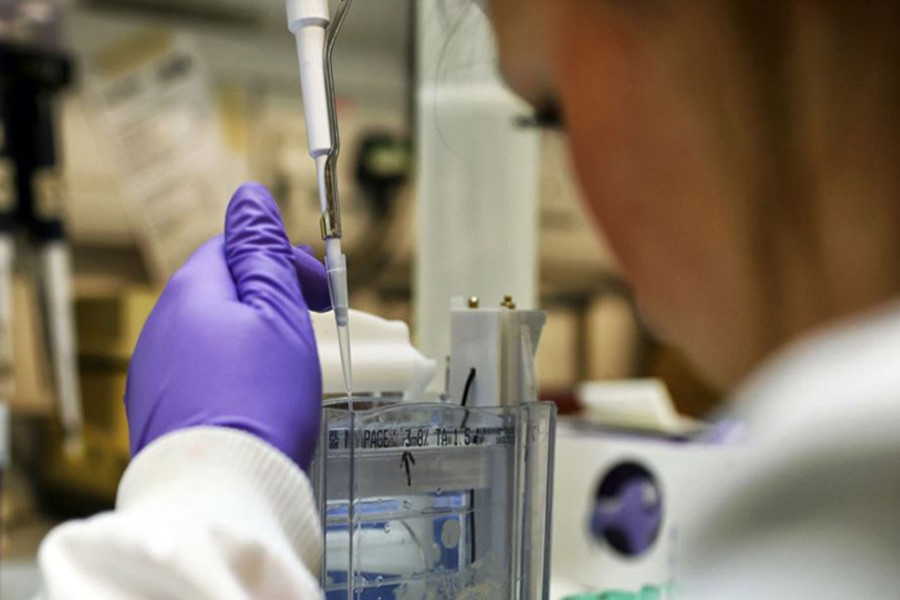Australian researchers said that they have developed the first virtual platform of its kind for storing 3D copies of human cancer tissues, providing what they say is a novel way for accessing information to help treat the disease.
"The Virtual Biobank will digitise and help speed up the process of accessing vital tissue samples donated by patients, which up until now could only be requested through physical biobanks," the University of Newcastle, whose researchers worked on the platform together with academics from the Hunter Medical Research Institute, said on Monday.
"It currently takes many months before researchers are able to obtain tissue samples from a physical biobank and carry out investigations with it. Once a researcher has performed their study, that sample typically cannot be reused," said Dr Jamie Flynn, one of the chief investigators for the project. The researchers obtained small samples of donor patients' tumour biopsies stored in a cancer biobank and converted them into digital copies.
"Each digital cancer sample in The Virtual Biobank is made up of high-resolution microscopy images in both 2D and 3D, plus important clinical and molecular information that provides the foundation for virtual research into cancer," said Flynn.
"This process ensures the physical sample remains intact, but a 3D, digital copy with clinical and experimental information is kept online for future use. This is particularly critical for rare cancers, which are hard to study due to a limited number of samples."
"We'd also like to convert the 3D data into virtual reality for education and general awareness. Hopefully soon, anyone with a smartphone and Google Cardboard could experience the internal environment of cancer tissue and bring about new insights," said fellow chief investigator Dr. William Palmer.
More than 44,100 people died from cancer in Australia in 2014 and the number is estimated to rise to more than 48,500 in 2018, according to national cancer control agency Cancer Australia, reports Xinhua.


